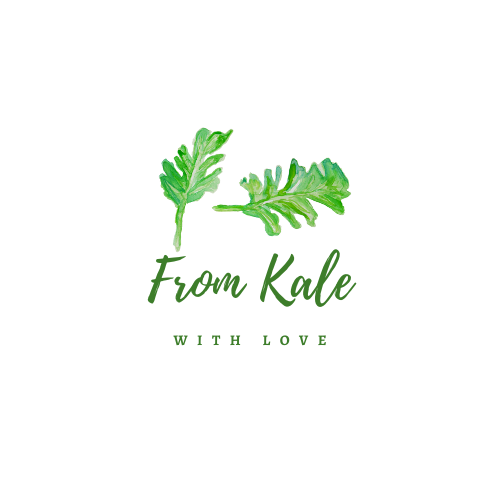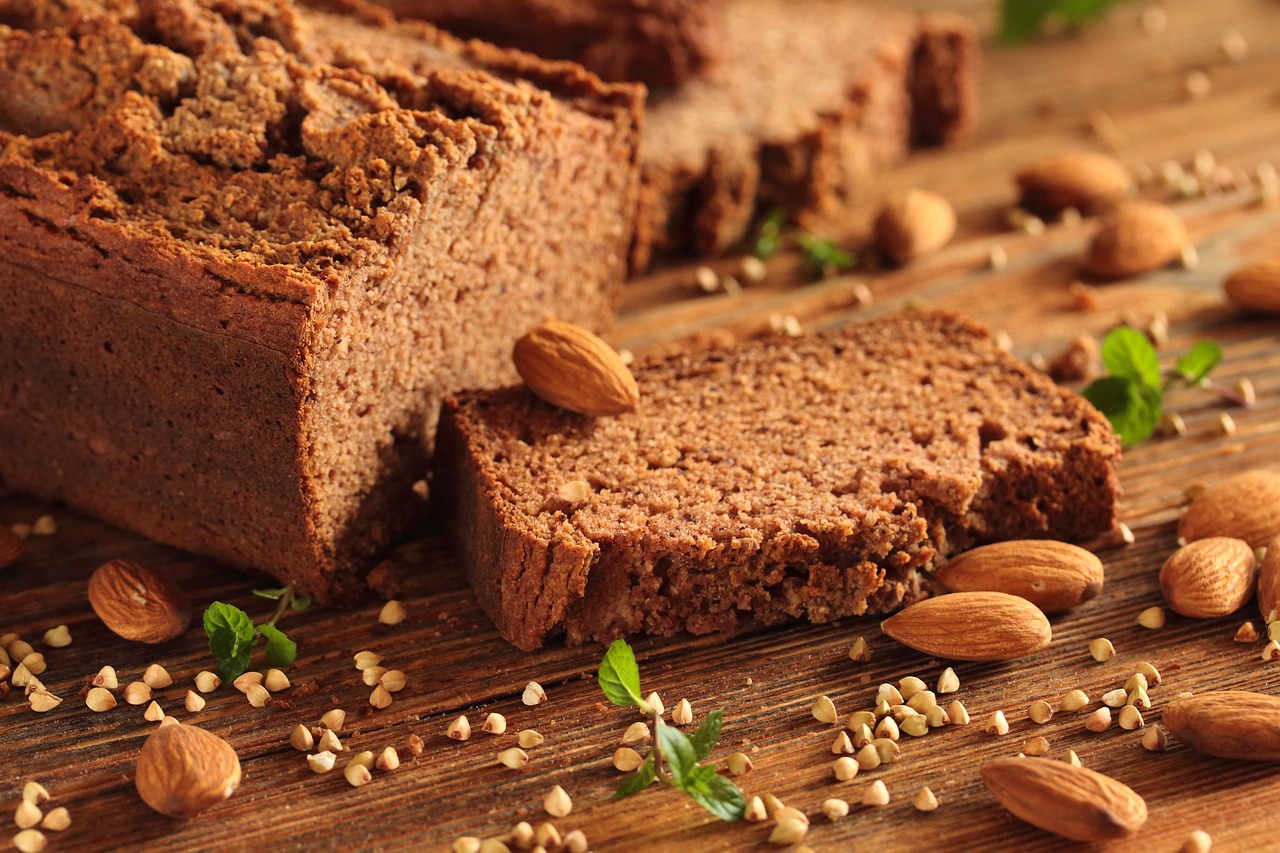Wheat Allergy or Gluten Intolerance? How to Tell Which One You Have
Wheat. Gluten. Two words that when mentioned in an ingredient list has the potential to send shivers down the spines of the millions struggling with some sort of food sensitivity. You can take back control of labels, diet decisions, and what lands on your plate. So today, let’s settle the score and get clear once and for all on the difference between a wheat allergy versus gluten intolerance. We’ll break down what components actually cause issues in each case, the distinct symptoms they manifest, effective testing approaches, and proven methods for thriving after diagnosis. No more confusion or unnecessarily avoided foods!
Decoding the Difference
The world of food allergies and intolerances seems to get more confusing by the day. While gluten-free everything continues to explode in popularity, wheat sensitivity often flies under the radar. And most of us just assume avoiding wheat equals avoiding gluten, but that’s actually not the case! They differ in a few key ways:
A Wheat Allergy…
- Causes an immune response triggered specifically by wheat proteins.
- Usually develops in childhood but can happen anytime.
- Symptoms appear quickly – from mins to hours after eating wheat.
- Can range from mild to life-threatening (anaphylaxis).
A Gluten Intolerance…
- Reaction caused by a difficulty digesting gluten protein.
- Can develop at any age, including later in life.
- Symptoms typically appear hours or even days after a gluteny meal.
- Is not life threatening but can be very uncomfortable.
The obvious difference is a wheat allergy incites a swift, acute immune reaction while gluten issues cause gradual yet agonizing digestion distress. Think sudden hives and wheezing versus days-long stomach pains and bloating. Not fun at all!
It is possible to have an overlapping sensitivity to both wheat and gluten proteins, but they also frequently occur as standalone conditions. Either way, avoiding the problematic culprit is key to relief!
Managing a Wheat Allergy
For those with a confirmed wheat allergy, strict avoidance is a must. Exposure to even small amounts of wheat can activate immune cells and cause scary symptoms. Be sure to steer clear of:
- Breads, baked goods, cereals with wheat as an ingredient.
- Pasta, crackers, cookies, cakes, waffles, pizza crust.
- Beer and ale made from wheat (bye bye brews).
- Soy sauce, salad dressings, stock cubes with wheat content.
- Semolina, couscous, bulgur, farina.
Thankfully there ARE plenty safe swaps to still eat all your fave foods modified wheat-free. Think tapioca or rice flour breads, corn pasta, and so many more options. Just get label savvy and research substitute ingredients. Oh, and be sure to be proactive always and remember to pack that EpiPen as another layer of safety and preparedness.
Going Gluten-Free
For those with non-celiac gluten sensitivity or celiac disease diagnosis, avoiding gluten is the name of the game. That means steering clear of:

- Wheat – durum, semolina, spelt, farro.
- Barley.
- Rye.
Thankfully, the gluten-free industry has boomed allowing all your favorite carbs and treats to be modified. You can still enjoy pizza, pasta, baked goods, even beer safely gluten-free! The bonus is most gluten-free options are also wheat free by default. So those avoiding both wheat and gluten can rejoice together in modified munching harmony.
Parting Advice
Hopefully breaking down the key differences between wheat allergies versus gluten intolerance shed some helpful light on which issue you may be facing. Sorting through symptoms and eliminating suspects to reveal the true culprit can be tricky! Don’t hesitate to work with an allergist or nutrition pro if questions still linger. In the grand scheme of it all, strict avoidance is critical for both wheat and gluten-sensitive peeps. Accidents happen sure, but by knowing what to look for on labels and seeking out safe ingredient swaps, thriving with either condition is completely possible. It may take some initial adjustment here and there, but they are well worth the effort, if you ask me! But trust me once you nail down the right diet approach for your unique needs, feeling amazing with no reactions, gut issues or inflammation is such sweet victory!







